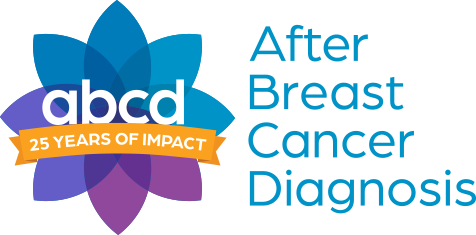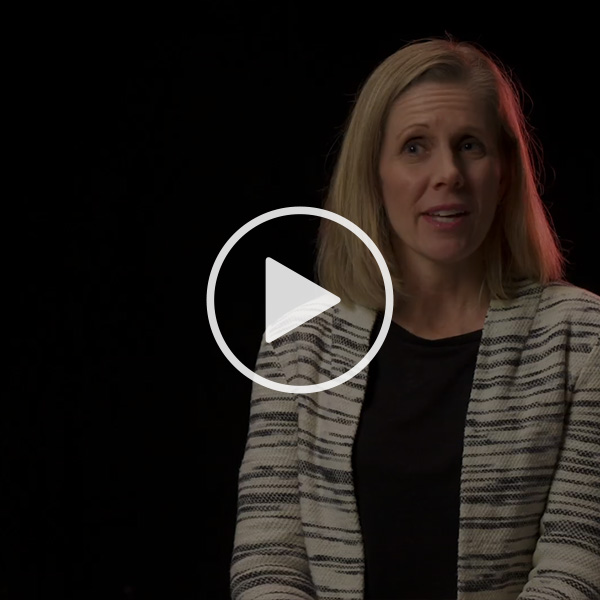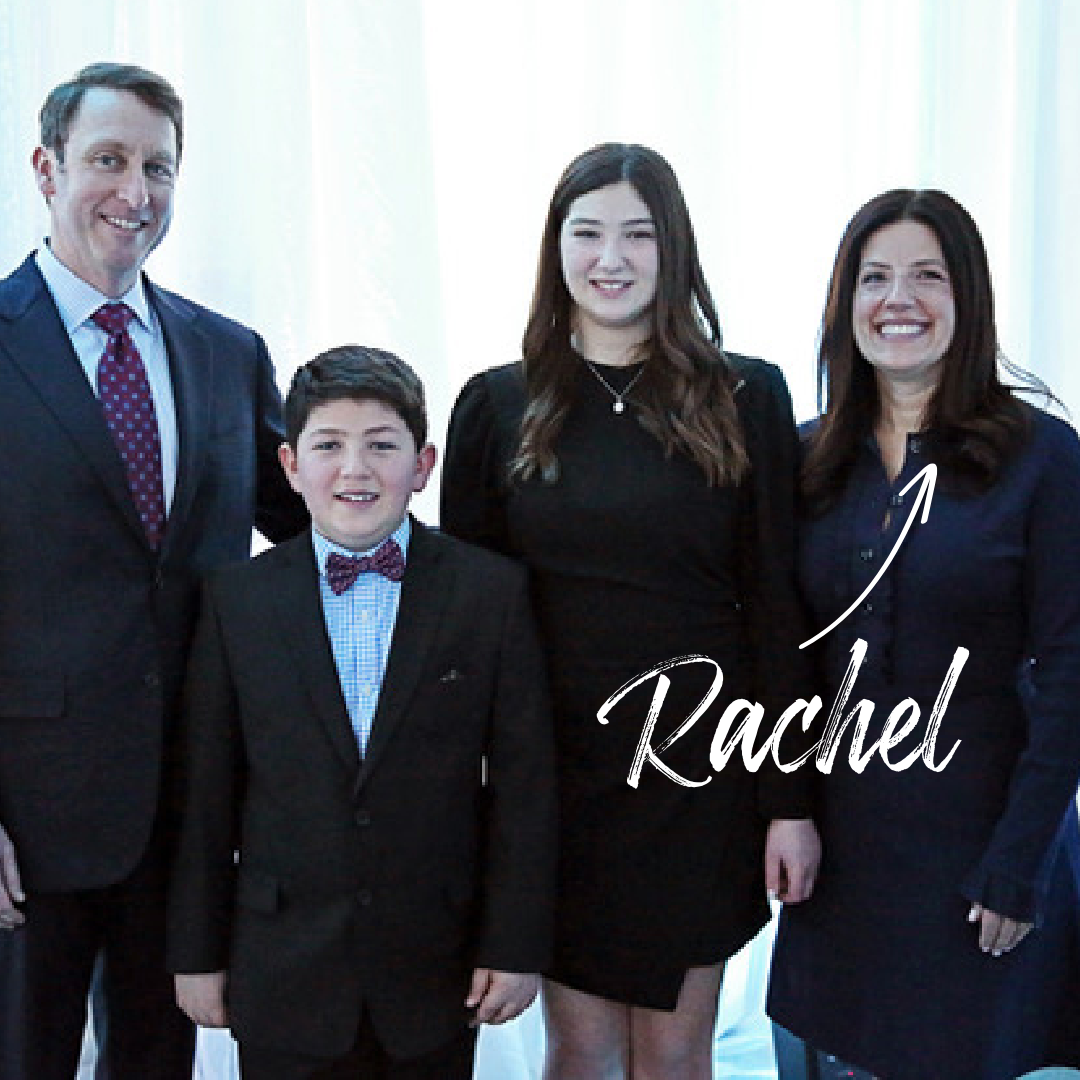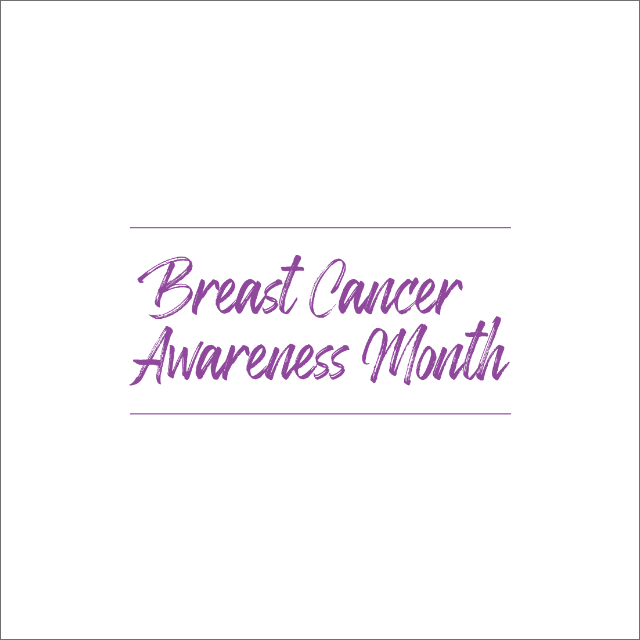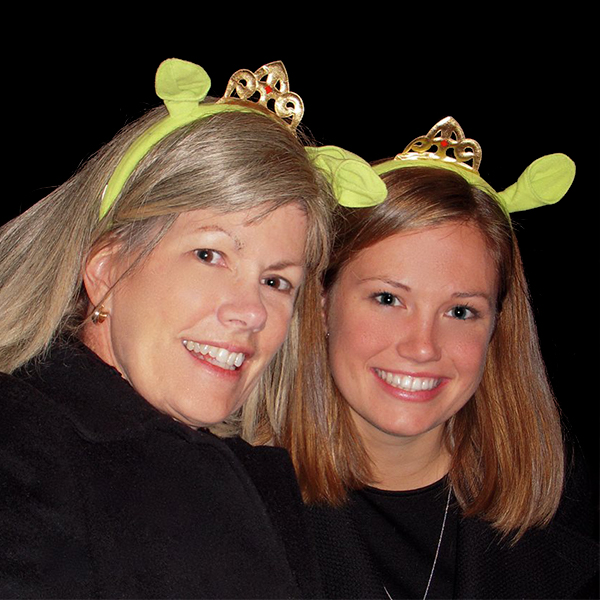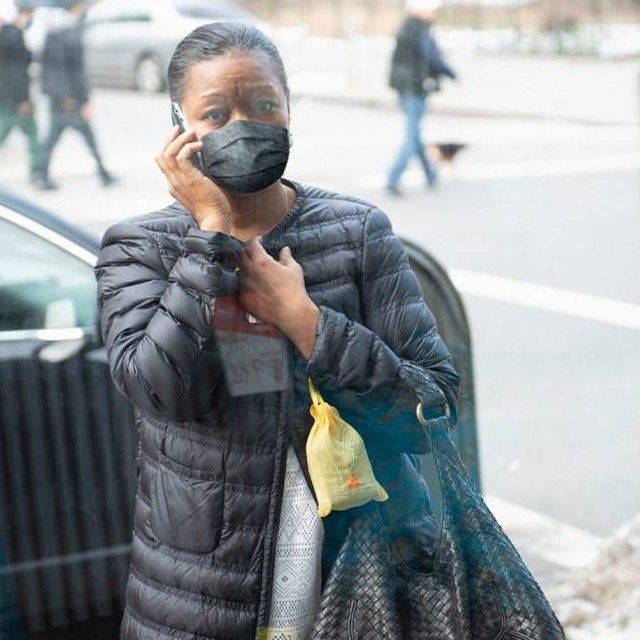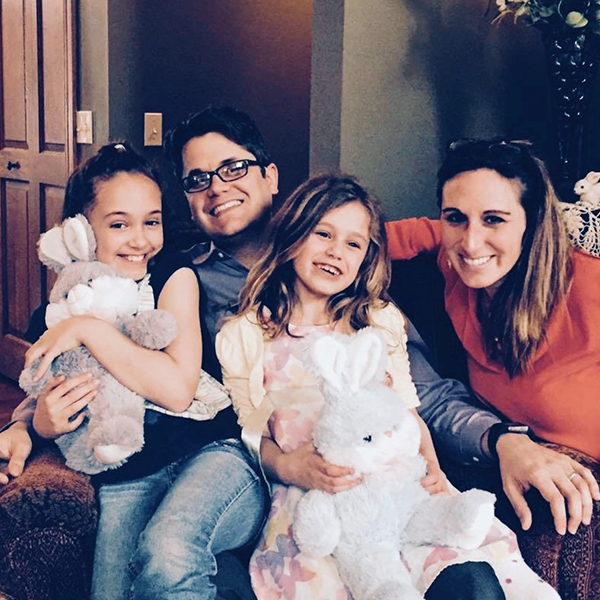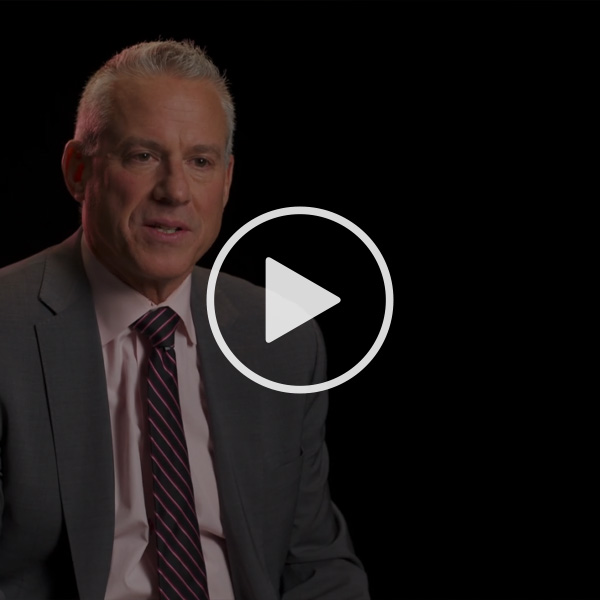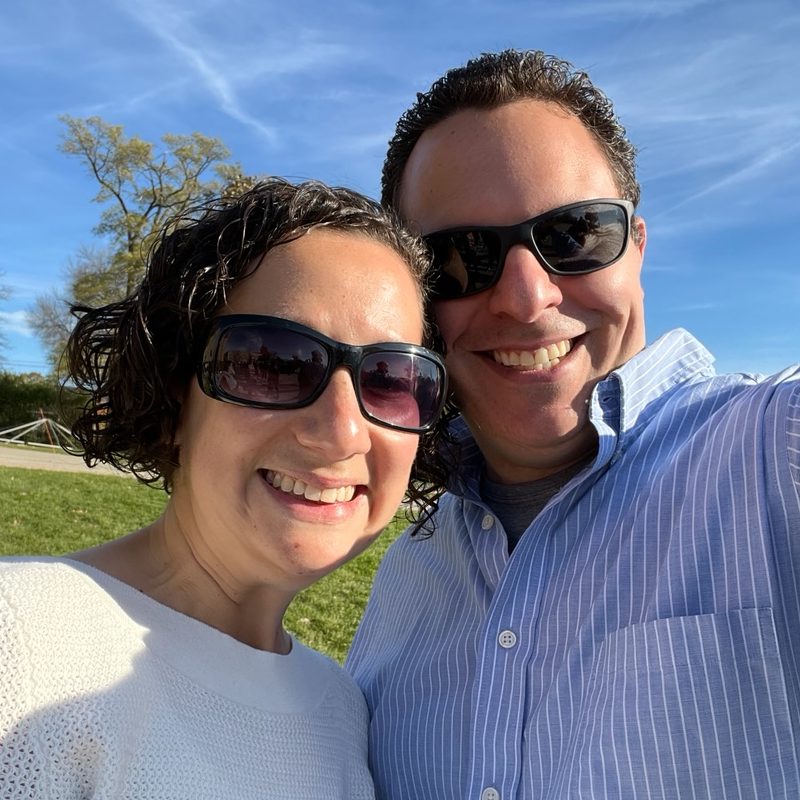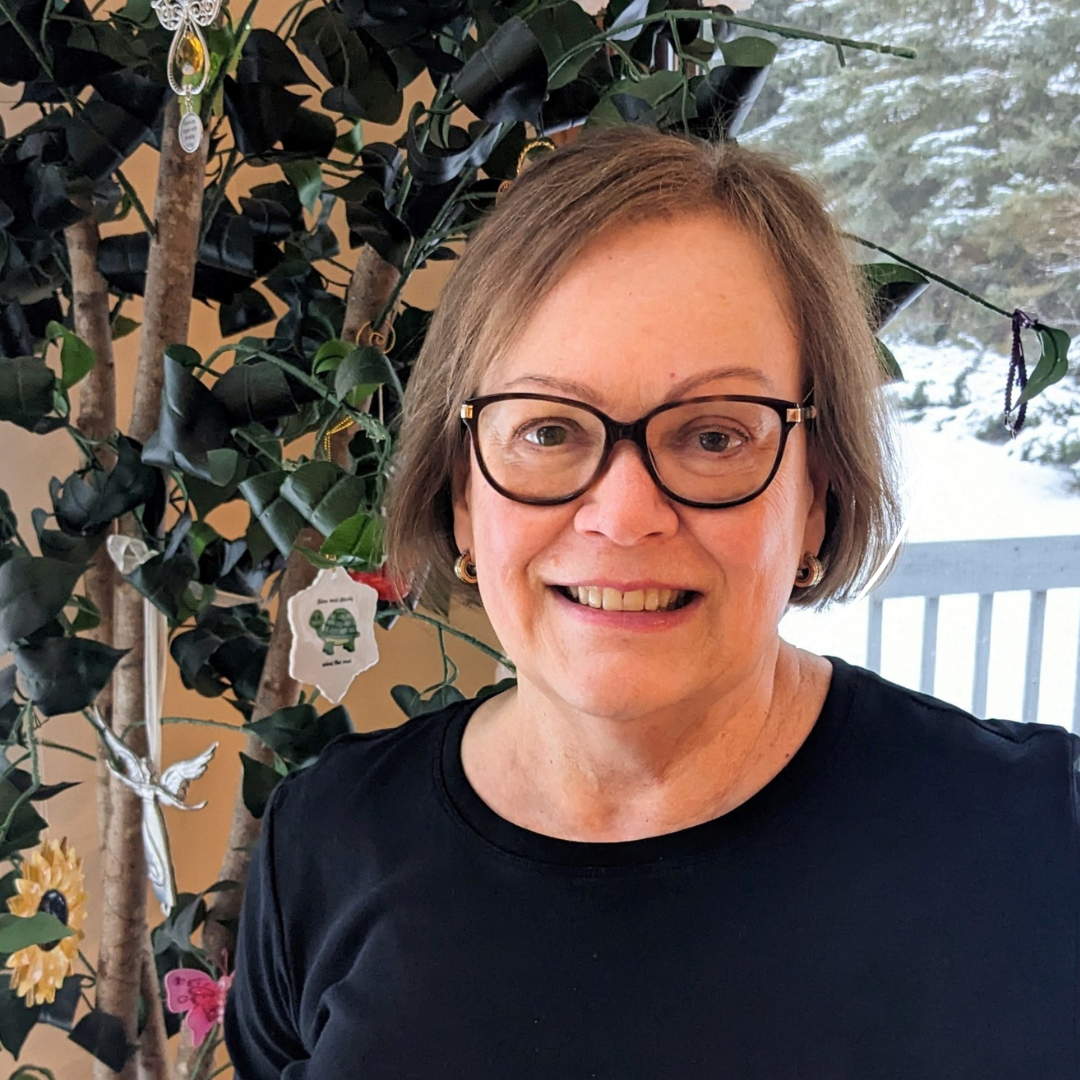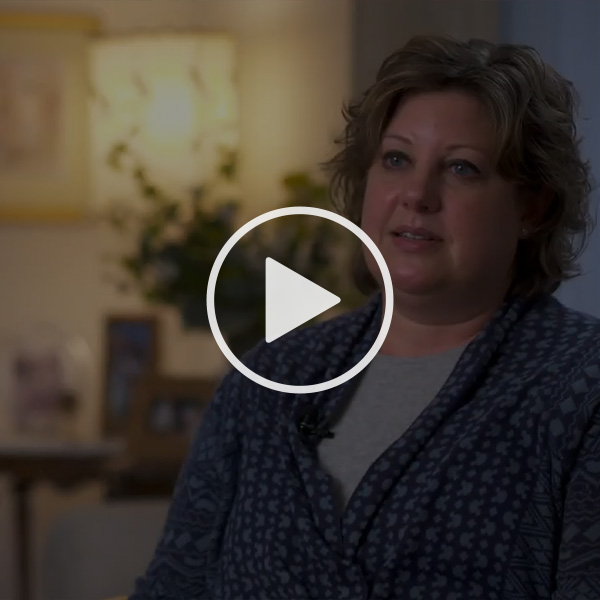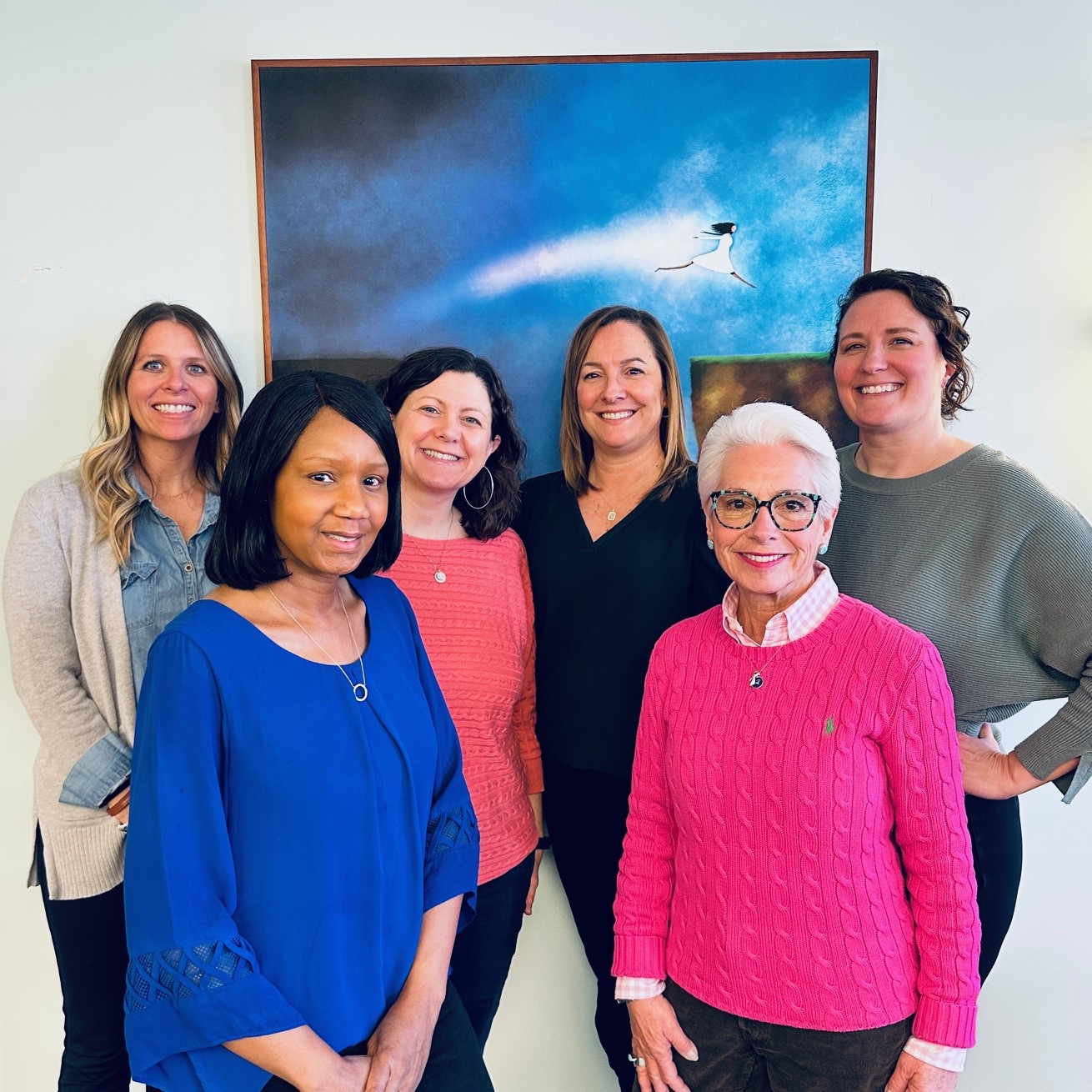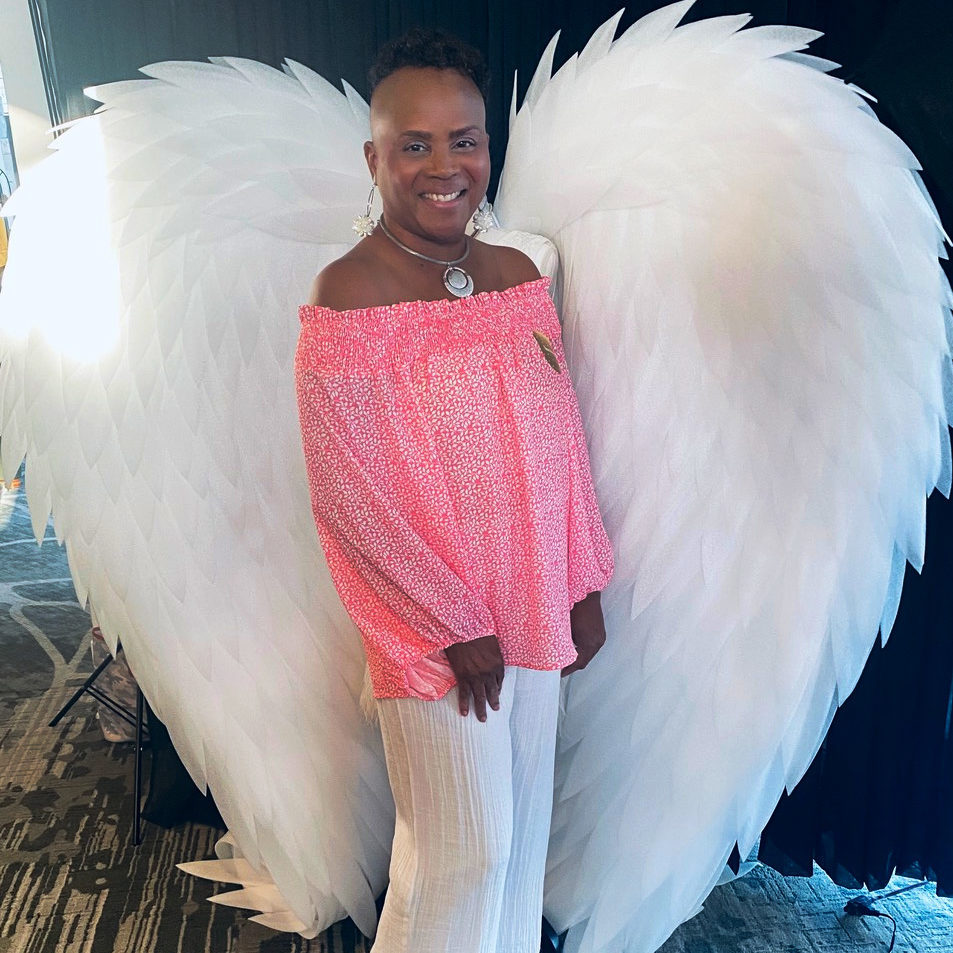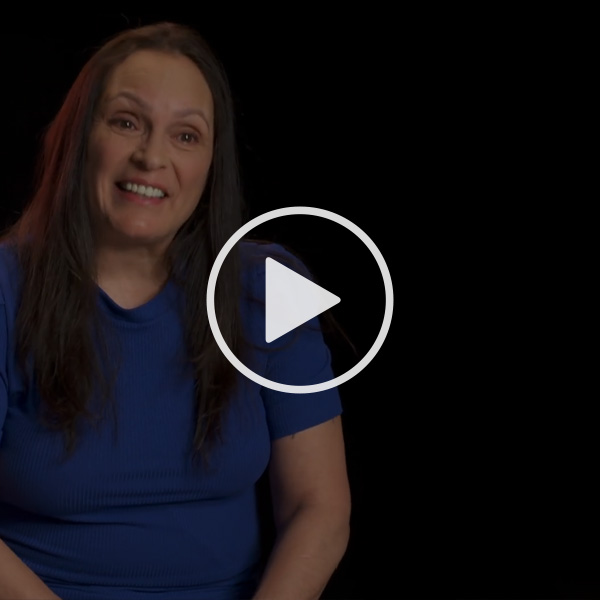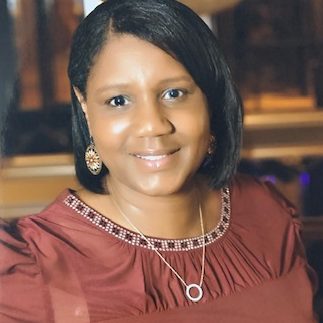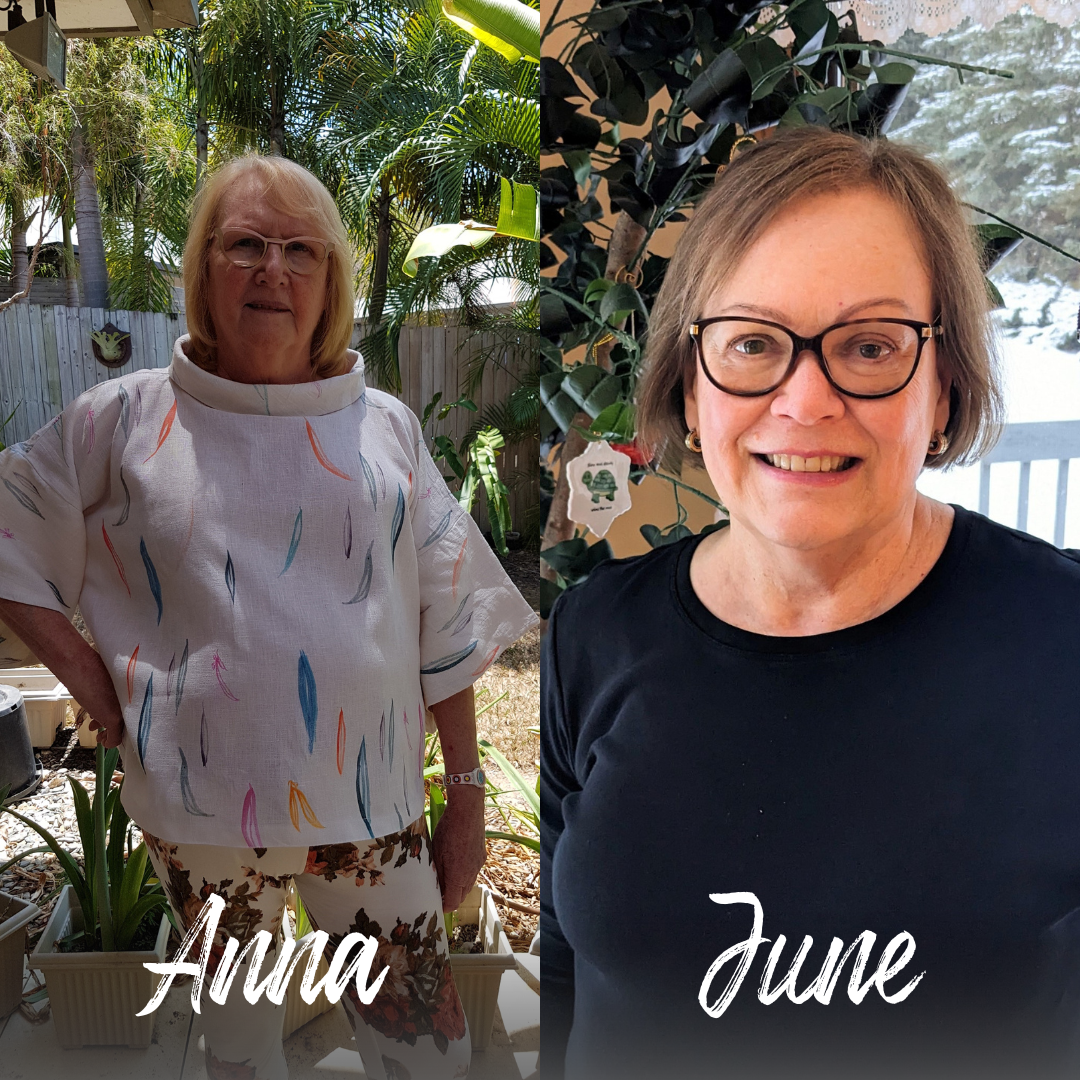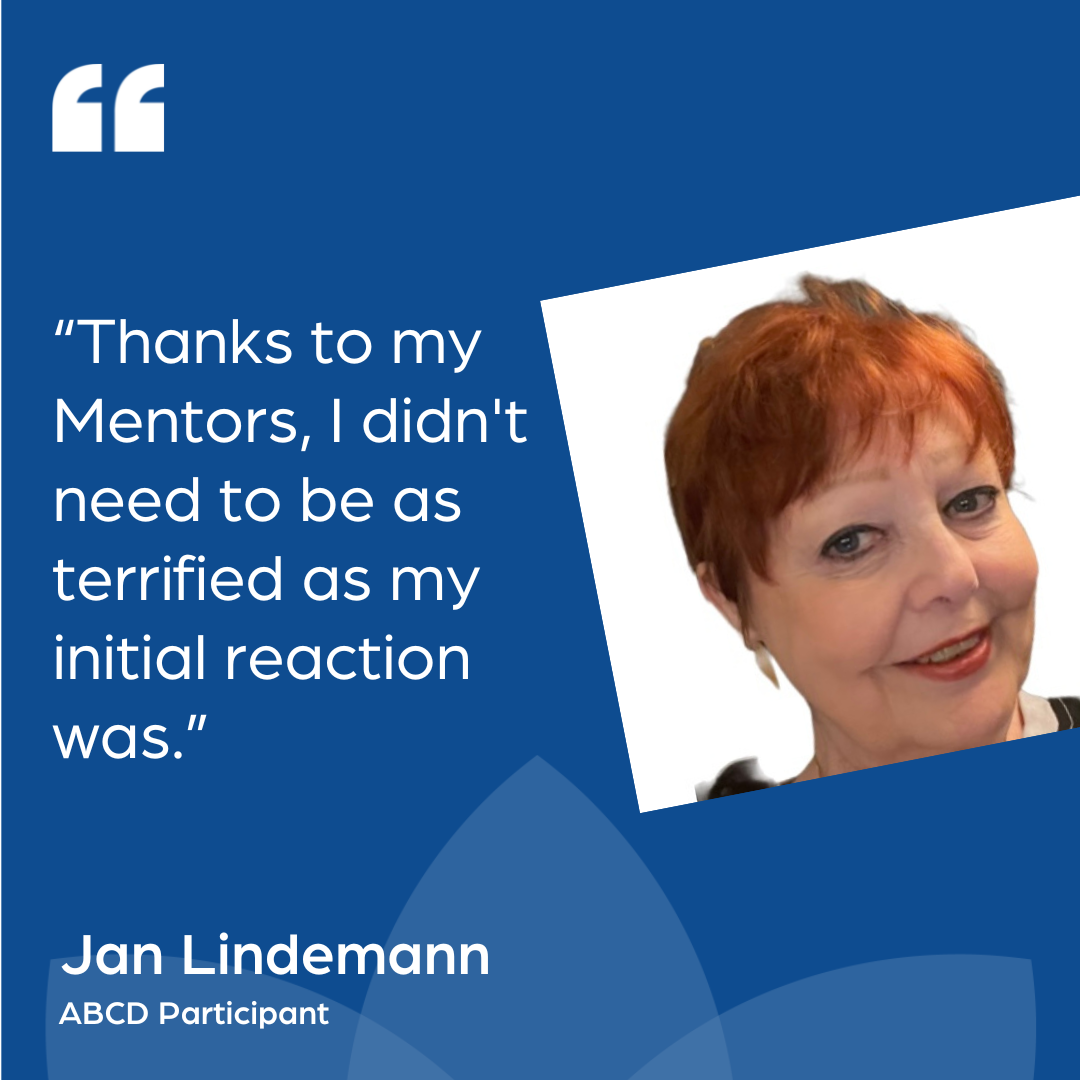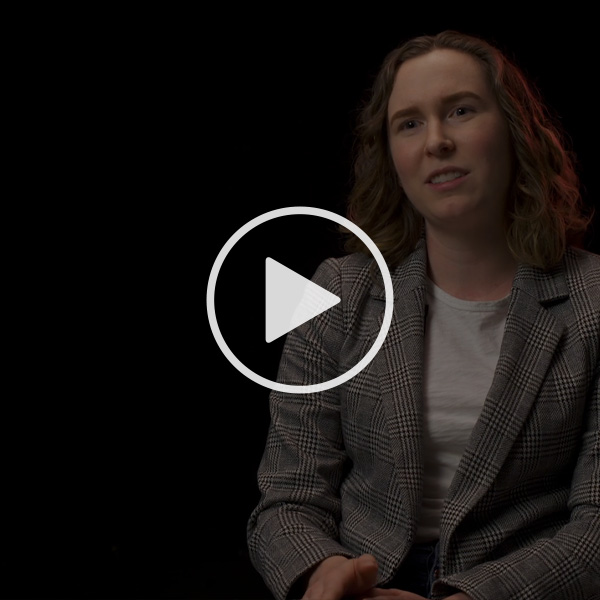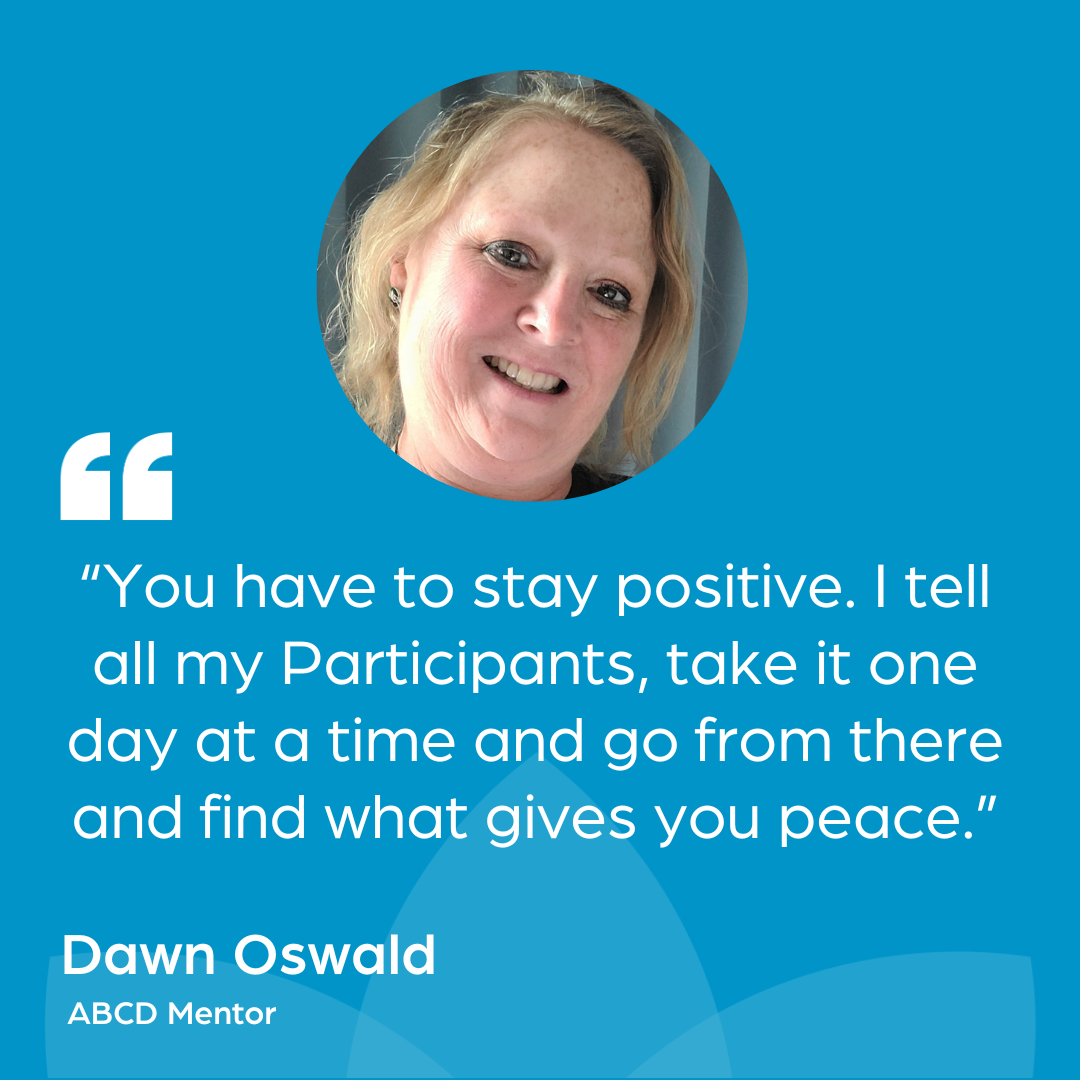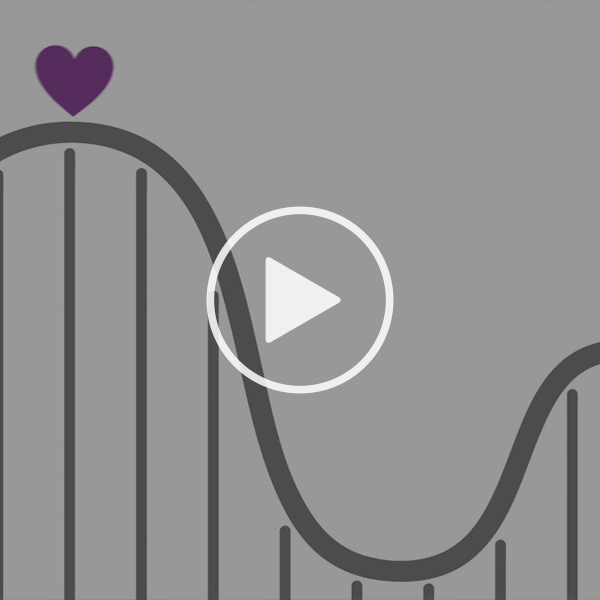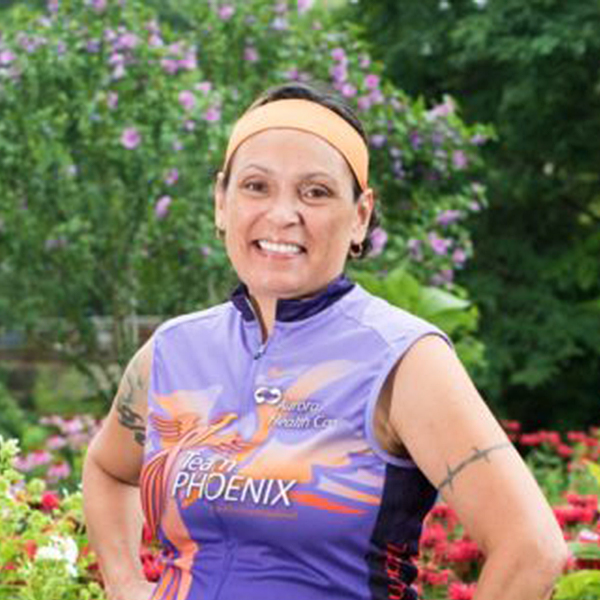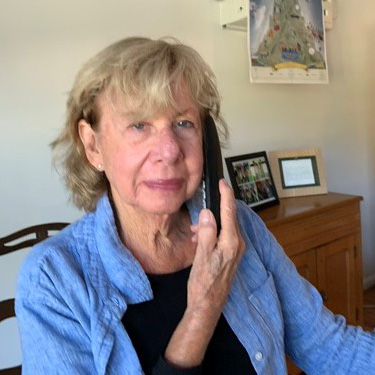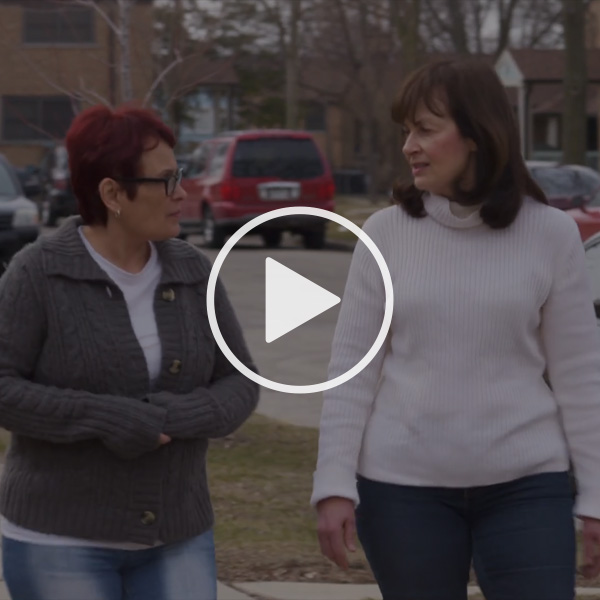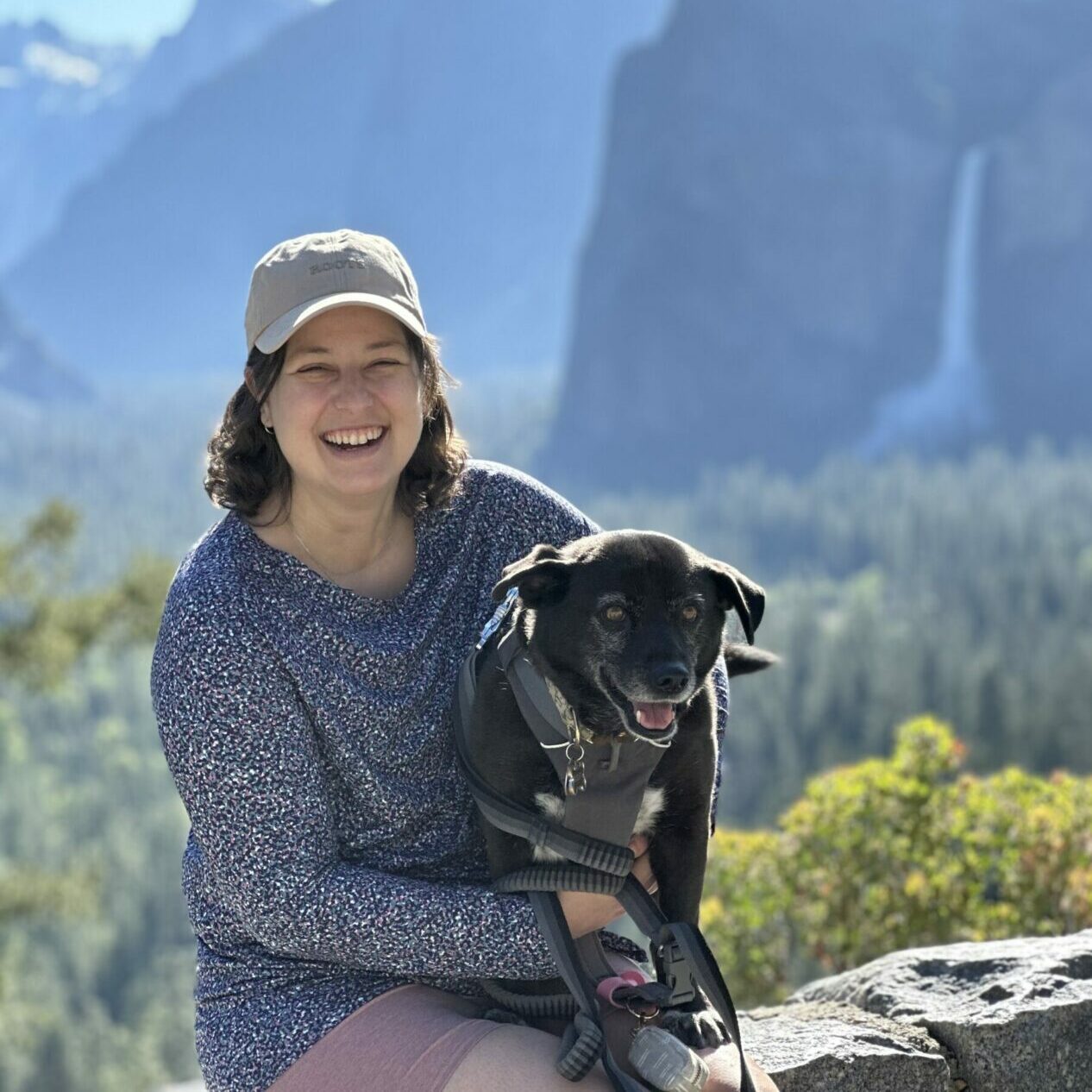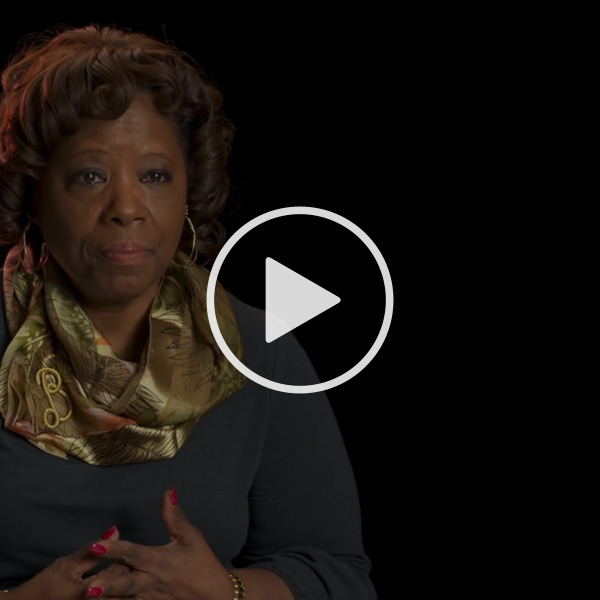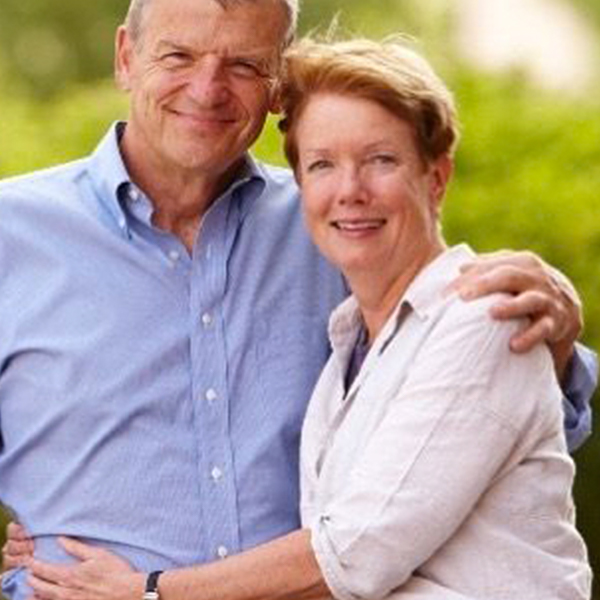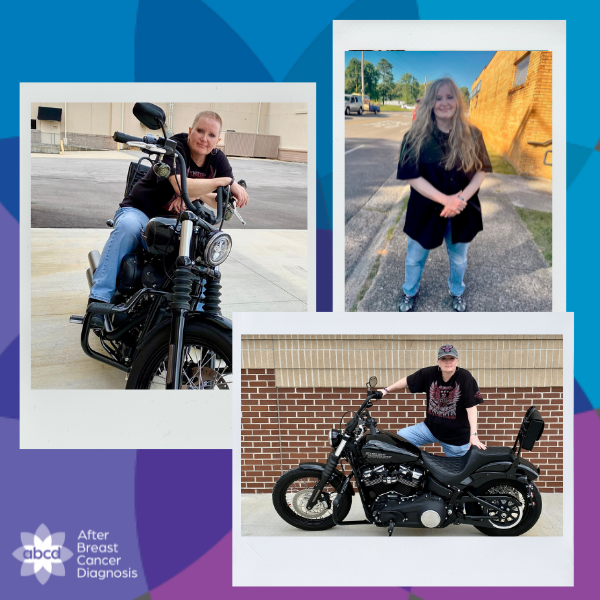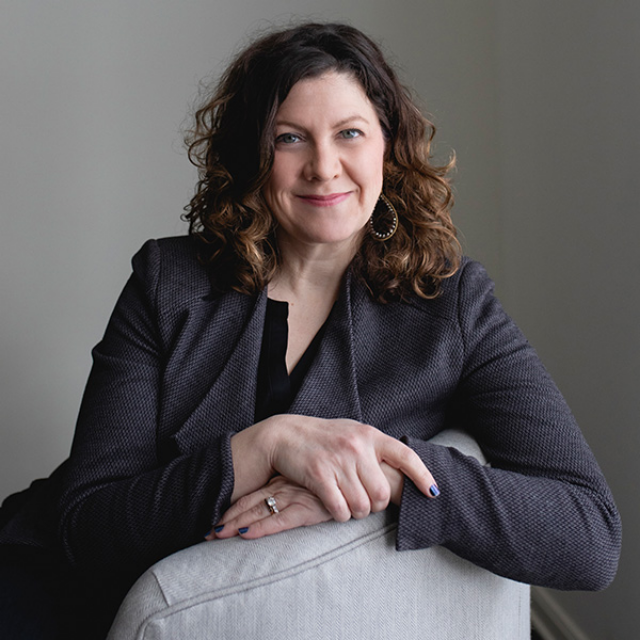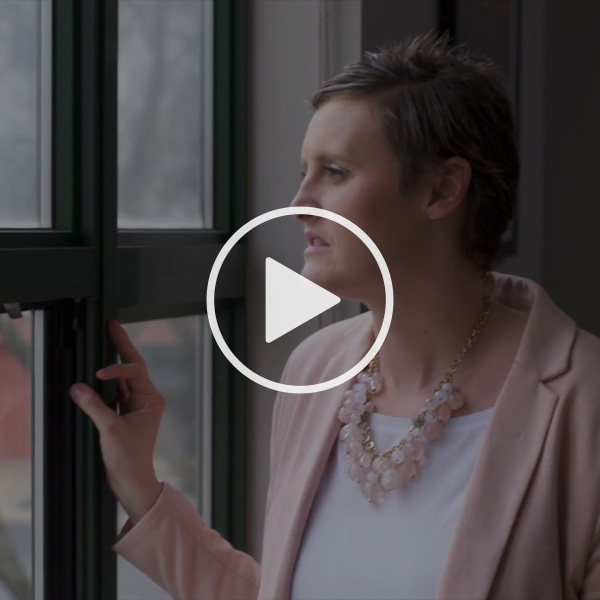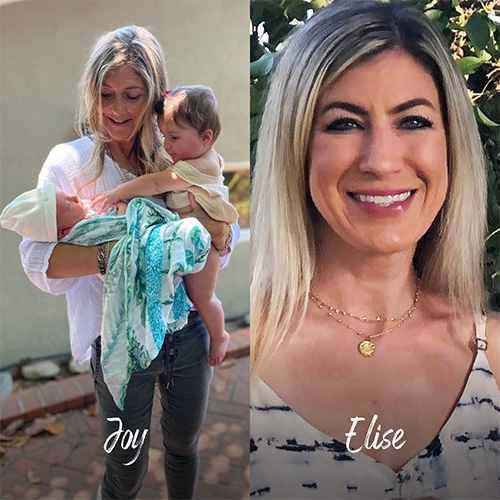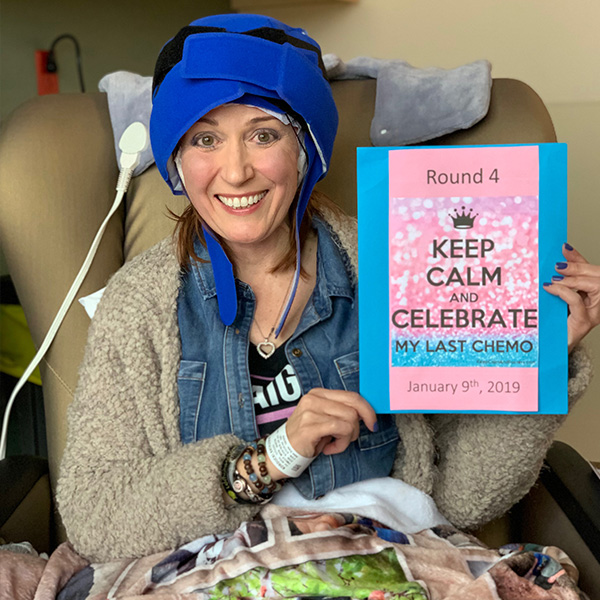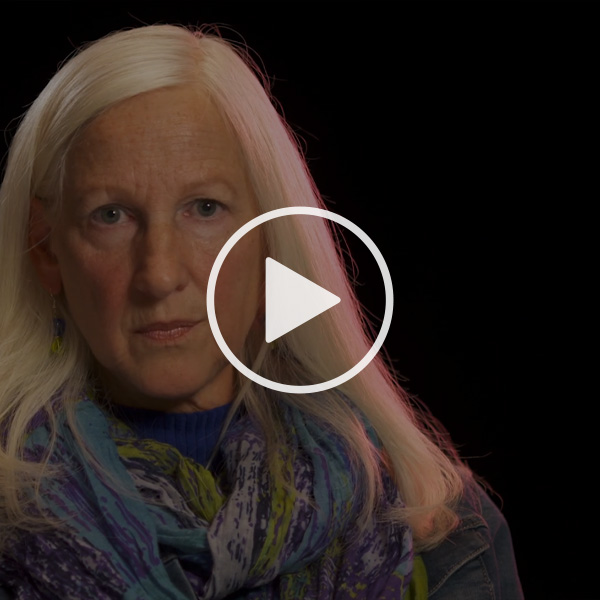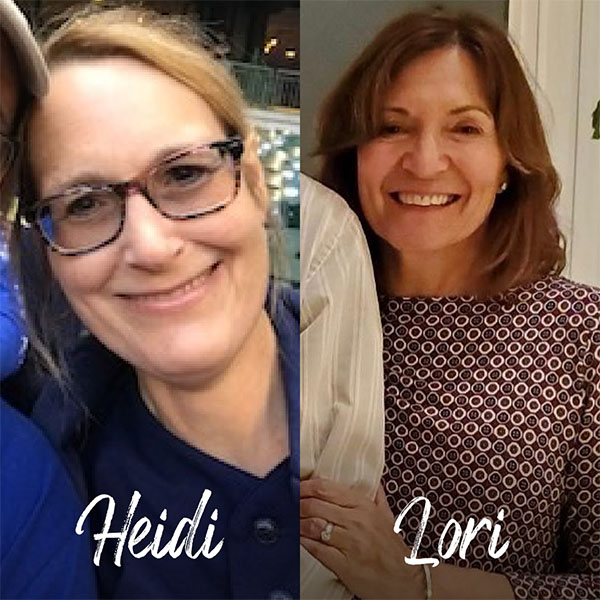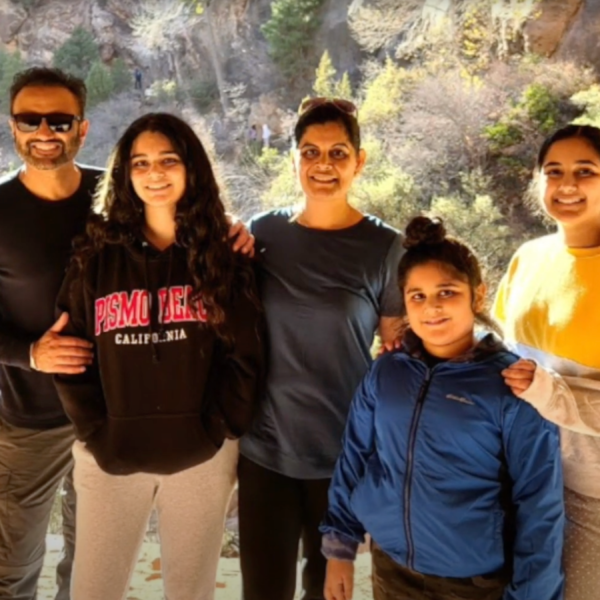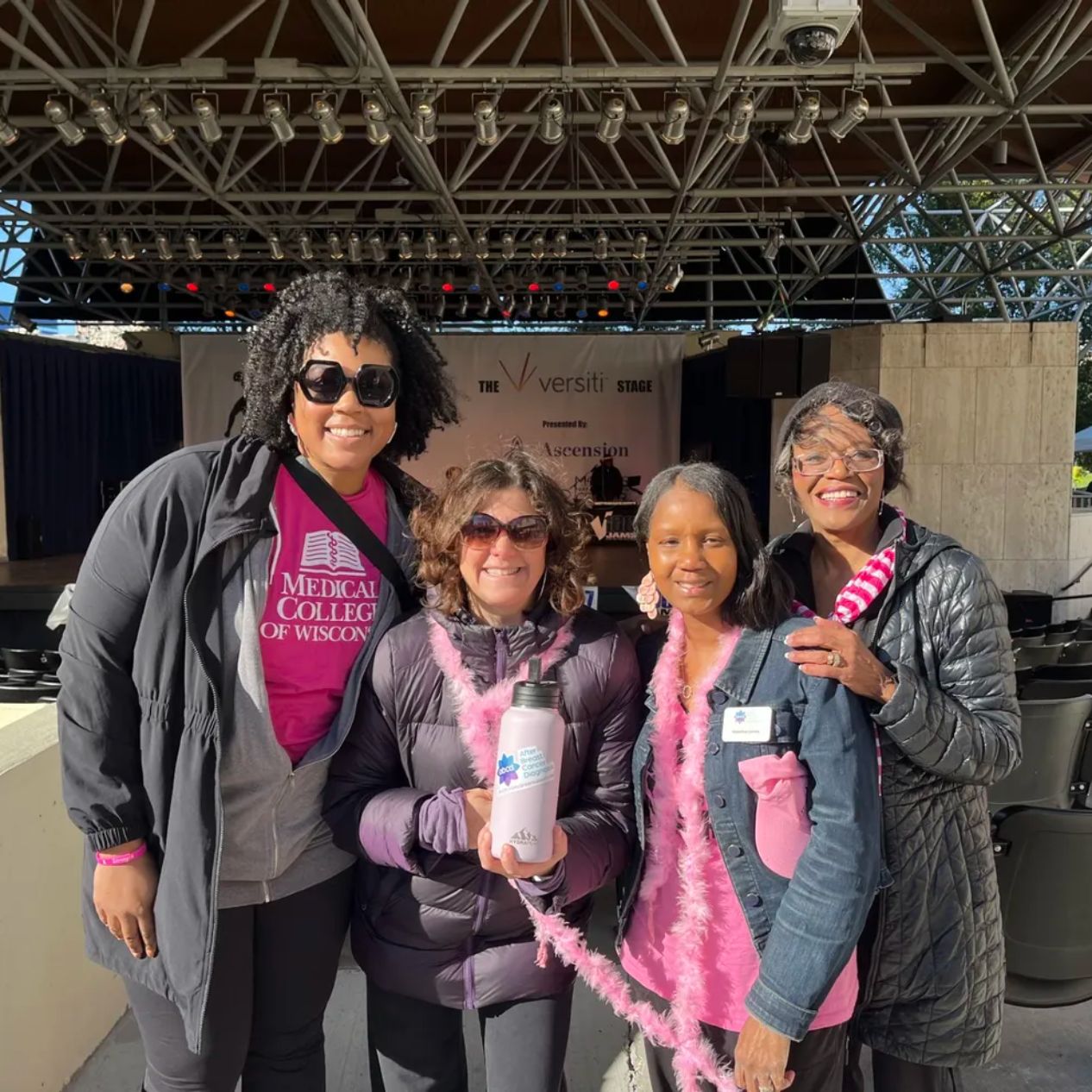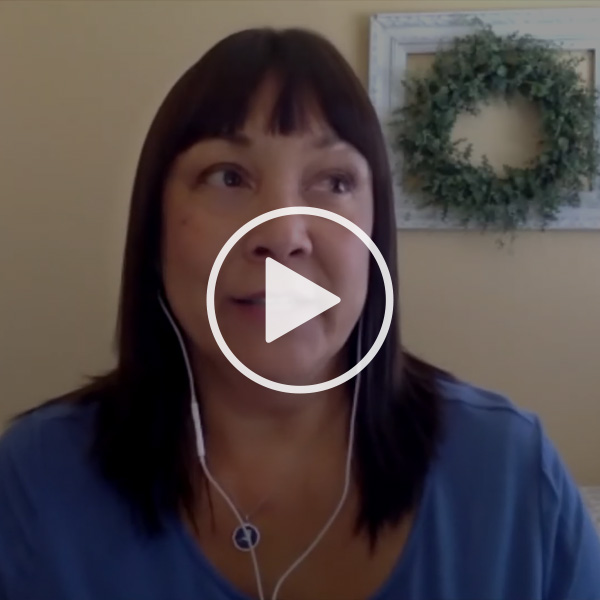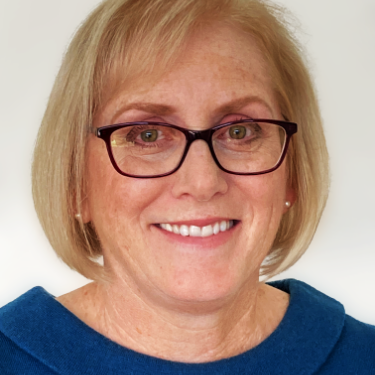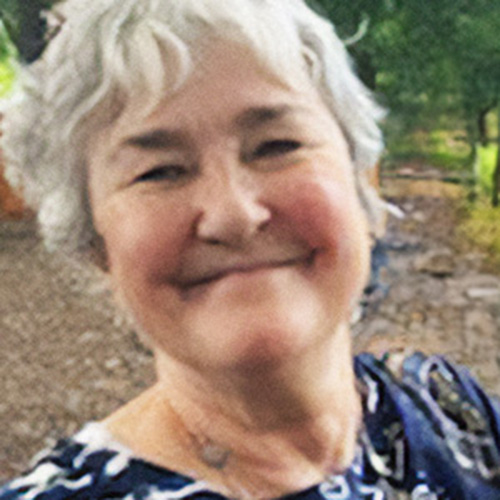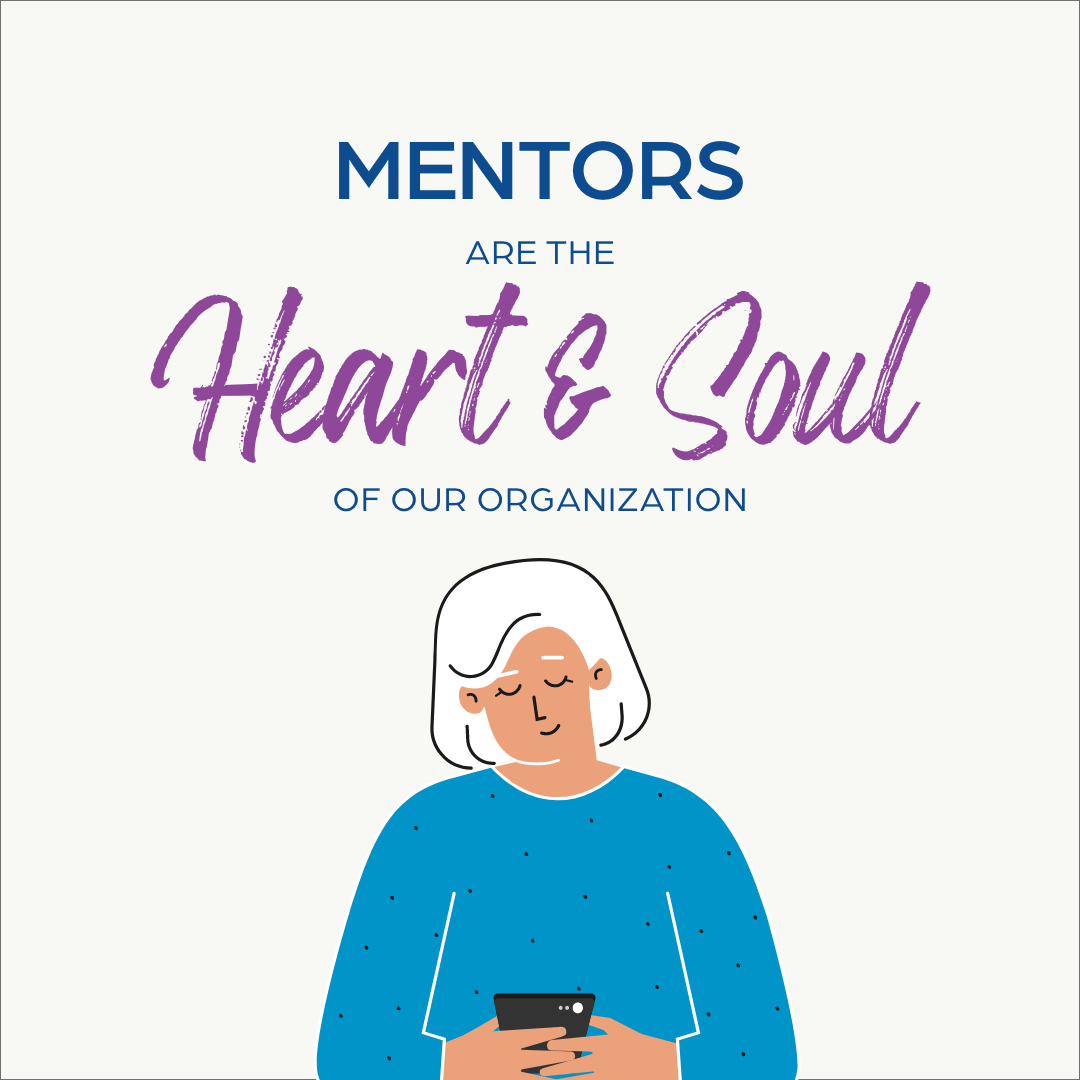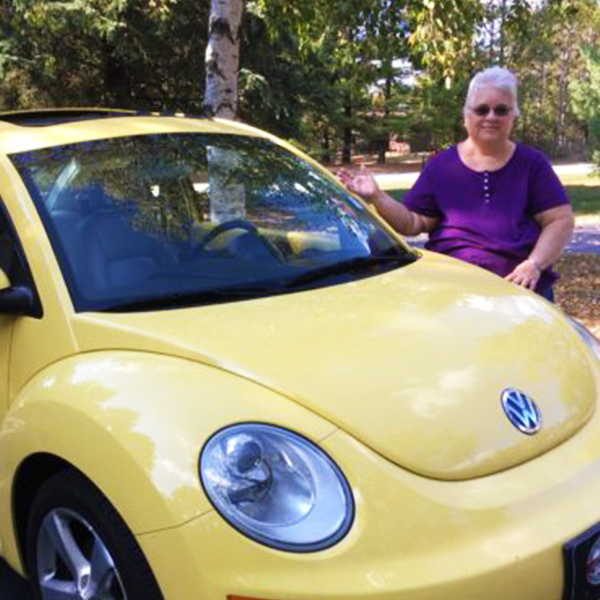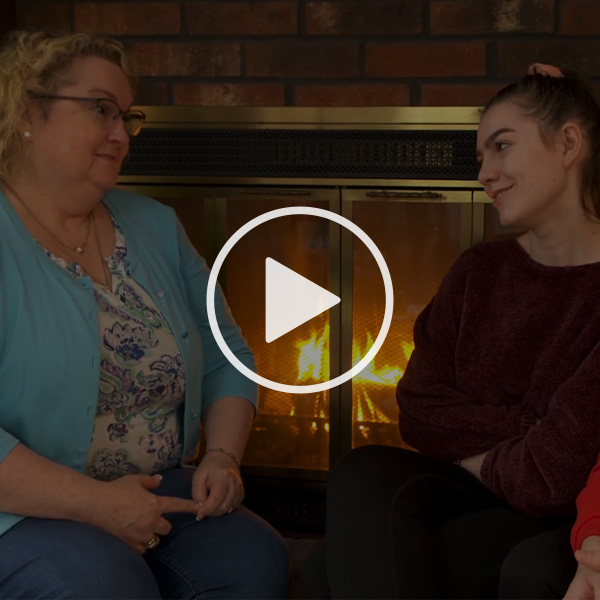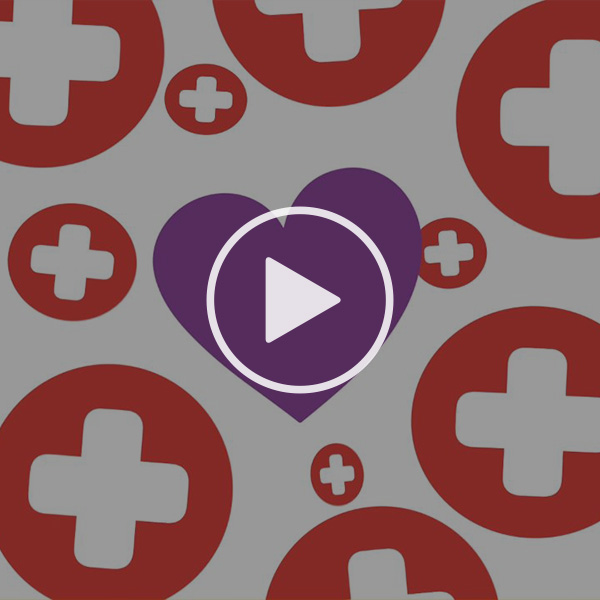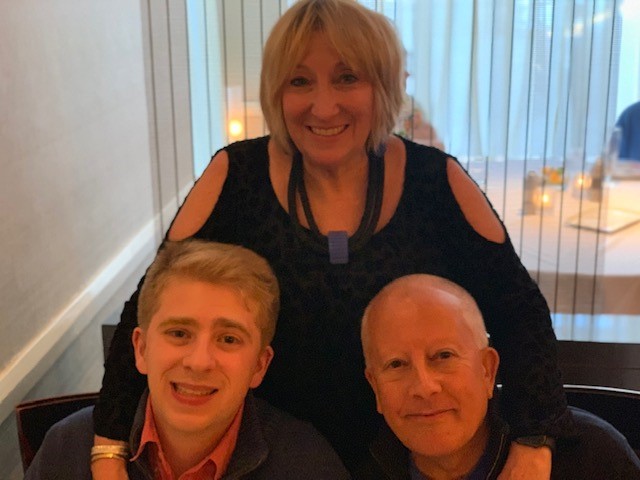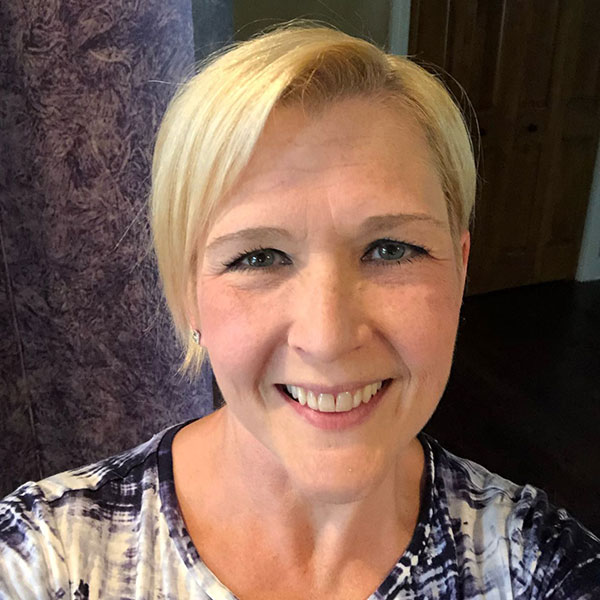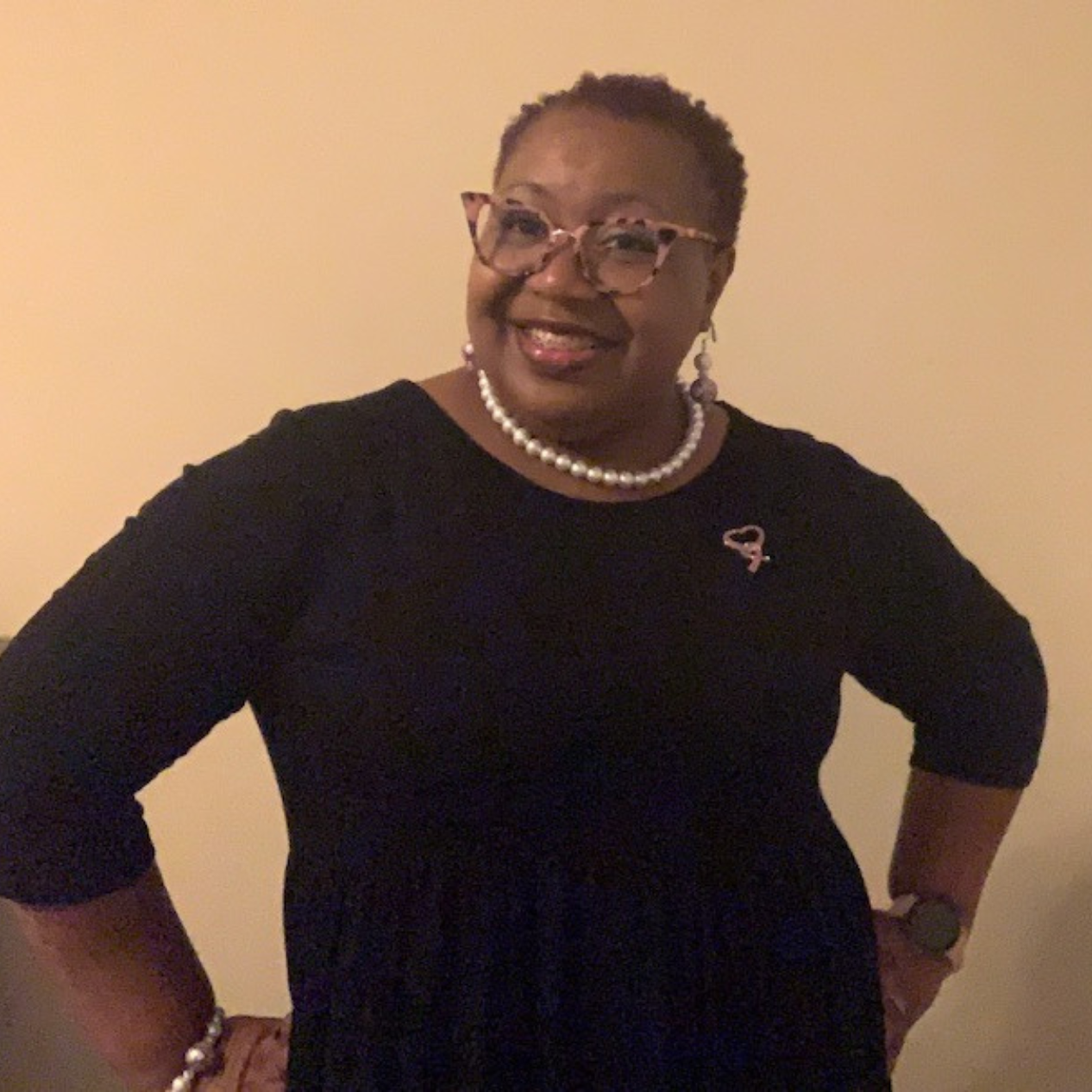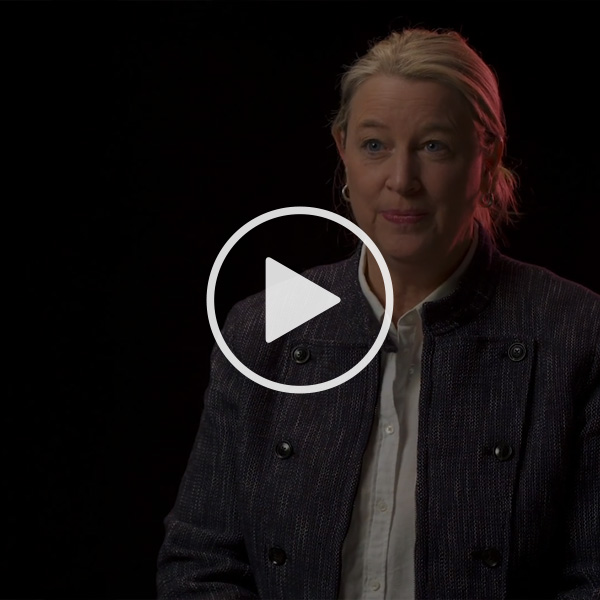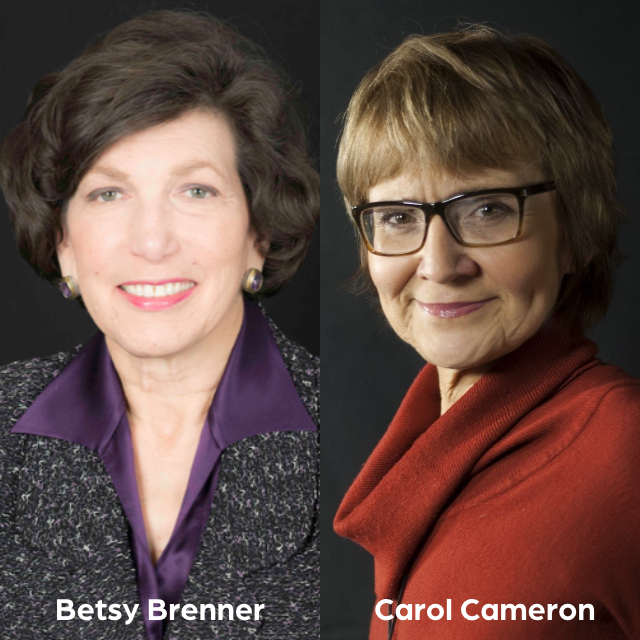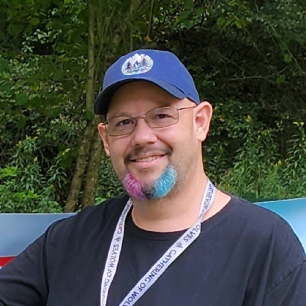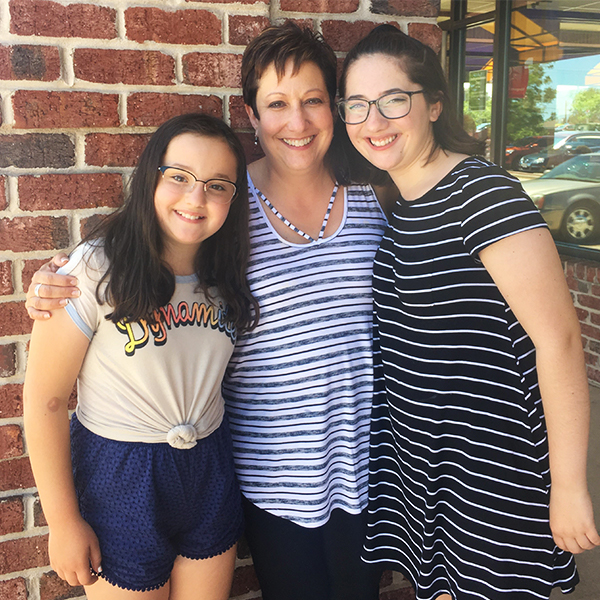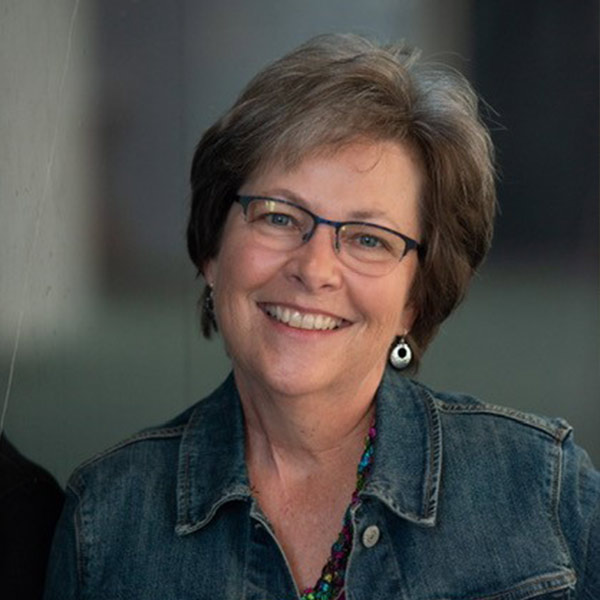
Janice Cowden: Plan to Live
— by ABCD board member, Gina Rich
May 6, 2021
“Here and now.” That’s what matters most to ABCD Mentor Janice Cowden. She’s a mother, grandmother, and former pediatric nurse who’s also a passionate advocate for the metastatic breast cancer community.
Janice was first diagnosed with breast cancer in 2011. Nearly five years later, doctors told her she had developed metastatic breast cancer (MBC) – cancer that has spread to other parts of the body. She was devastated.
“I was absolutely lost following my own diagnosis,” she says.
Then she discovered Living Beyond Breast Cancer (LBBC), a Pennsylvania non-profit organization that offers breast cancer patients a range of support services, from a peer helpline to educational programs. Connecting with others who faced the same diagnosis changed Janice’s outlook. “You go from feeling completely alone and isolated to having this entire community,” she says.
Transforming Grief Into Action
As she came to terms with her own diagnosis, Janice wanted to help others find support too. In 2017, she completed LBBC’s advocacy training and began serving as a helpline volunteer. A couple of years later, through friends in the MBC community, she learned about ABCD. She finished ABCD’s new Mentor training in December 2020 and got right to work – so far, she’s mentored four Participants.
The difference between LBBC’s helpline and ABCD’s Mentor match services, Janice explains, is that LBBC’s callers are typically seeking a one-time answer to a question. But with ABCD, Mentors and Participants might connect once, twice, or dozens of times throughout a patient’s breast cancer journey.
Because metastatic breast cancer is incurable, “grief is a very, very real part of our day-to-day existence,” says Janice, who lives with her husband in Florida. Like many in the MBC community, she has lost close friends to the disease. Helping others has provided both solace and purpose, she says. “It gave me a way to channel that grief.”
Raising Awareness
When it comes to metastatic breast cancer, “there’s a lack of knowledge and awareness about the disease itself,” says Janice.
“I think there are so many myths and misconceptions,” she says, noting that MBC patients may not show outward signs of disease. “We don’t look like your typical idea of what a terminal cancer patient looks like.”
Janice wants more people to understand that despite medical advances, MBC is still a terminal diagnosis. Unlike other breast cancer patients, “we don’t ever finish treatment,” she says wryly.
Over the years, Janice has worked to raise awareness about MBC by participating in educational podcasts and videos, advocating for more MBC research and funding, and leading a Facebook group for recently diagnosed patients. In addition, she is the Lead for ABCD’s newly established MBC Community Initiative and a member of its MBC Committee.
“The science behind the disease is extremely important to me,” Janice says. “I jokingly say that over the last five years, I’ve earned my PhD in MBC.”
And she’s dedicated to ensuring caregivers have support, too. She serves as an advisor for Project Life, which focuses on survivorship care plans for MBC patients and their loved ones.
Mentoring During the Pandemic
For doctors and patients alike, managing cancer treatment during a pandemic is uncharted territory. While the novel coronavirus created challenges for breast cancer patients in general, those with metastatic disease face special concerns.
One example: Some patients who take oral maintenance drugs have been advised by their oncologists to stop these medications around their COVID-19 vaccination dates. The prospect of being “unprotected” and off their regular medication – even briefly – causes significant anxiety in MBC patients, says Janice.
This heightened worry underscores the need for personalized emotional support – and Janice is glad to provide that as an ABCD Mentor. Remembering how scared she felt immediately after learning she had MBC, she encourages those she mentors to avoid getting caught up in disheartening statistics.
Instead, she advises, focus on the present. “Plan each day to live.”
~ By ABCD Board Member Gina Rich
